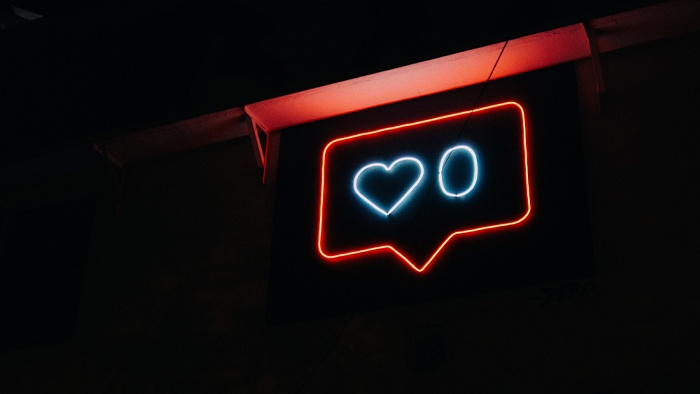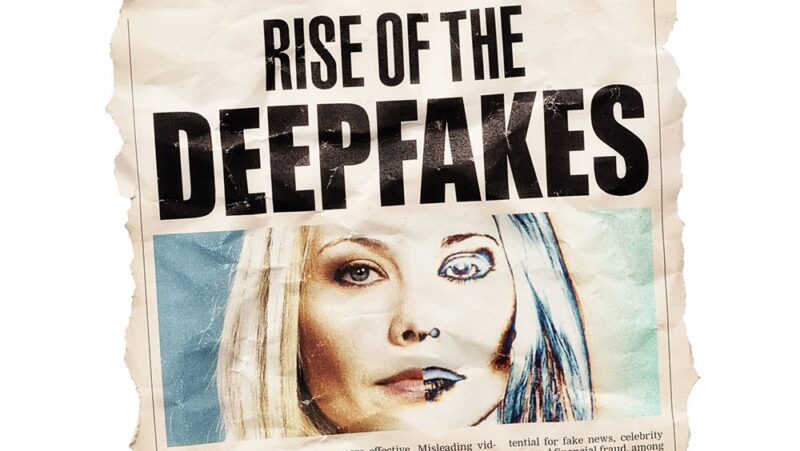Perspective: Cardi B Lyrics on Twitter Shouldn’t Mean Expulsion for Pharmacy School Student – They’re Free Speech

Many colleges and universities use professionalism codes to justify disciplining students for off-campus, online expression. Such codes impose a cult of conformity upon students and threaten student free-speech rights.
Consider the case of Kimberly Diei, a pharmacy student at the University of Tennessee’s College of Pharmacy in Memphis, who was investigated and threatened with expulsion by her university for her Instagram and Twitter posts that contained sexually explicit language related to rapper Cardi B and her lyrics.
Even though Diei never identified herself as a pharmacy student, used a pseudonym for her posts and talked about matters completely unrelated to her pharmacy studies, she still faced expulsion.
Supported by the Foundation for Individual Rights in Education (FIRE), Diei filed a federal lawsuit, alleging a violation of her First Amendment free speech rights. “Schools must stop policing students’ personal online expression when it has nothing to do with their education,” FIRE noted in a news release about the lawsuit.
Diei’s case is not an isolated phenomenon or an outlier. Other college and university students have run afoul of these vague professionalism codes or pledges. Consider the case of Craig Keefe, who was dismissed from the Central Lakes College nursing program in Minnesota for his social media posts. Keefe posted several messages that offended a classmate. The school cited him for “transgression of professional boundaries.”
A federal appeals court in 2016 upheld Keefe’s expulsion in Keefe v. Adams, relying on the U.S. Supreme Court’s decision in a 1988 high school press censorship case (Hazelwood (Mo.) School District v. Kuhlmeier). The appeals court wrote that “college administrators and educators in a professional school have discretion to require compliance with recognized standards of the profession, both on and off campus, ‘so long as their actions are reasonably related to legitimate pedagogical concerns.’”
The actions of college officials in the Diei and Keefe situations, and the federal appeals court decision in Keefe v. Adams, do not align with First Amendment principles or Supreme Court precedent. Back in 1973, the court ruled in Papish v. Board of Curators of the University of Missouri that the university could not expel graduate journalism student Barbara Papish for distributing an independent newspaper with a cartoon that depicted a police officer raping the Statute of Liberty and the goddess of justice.
While graphic and offensive to some, the Supreme Court recognized that Papish’s expression was fully protected by the First Amendment. The court explained that “the dissemination of ideas — no matter how offensive to good taste — on a state university campus may not be shut off in the name alone of conventions of decency.”
If government officials can’t censor expression because of decency concerns, they should not be able to substitute the purported excuse of “professionalism.”
Furthermore, the Supreme Court recently protected a high school student’s profane high school post made after she failed to make the varsity cheerleading squad. Granted, the university officials in the Diei and Keefe situations did not have the benefit of this June 2021 decision. But central to the Supreme Court’s holding in Mahanoy (Pa.) Area School District v. B.L. was the idea that schools have the obligation to protect even unpopular and unsavory student expression. Justice Stephen Breyer explained:
The school itself has an interest in protecting a student’s unpopular expression, especially when the expression takes place off campus. America’s public schools are the nurseries of democracy. Our representative democracy only works if we protect the “marketplace of ideas.” This free exchange facilitates an informed public opinion, which, when transmitted to lawmakers, helps produce laws that reflect the People’s will. That protection must include the protection of unpopular ideas, for popular ideas have less need for protection.
If high school officials must protect unpopular expression, then surely college and university officials have an obligation to follow the First Amendment too.
Professionalism codes should not be used to impose a cult of conformity on students and punish students for the vast majority of their off-campus, online expression. When school officials engage in such conduct, they are treading a First Amendment tightrope.
David L. Hudson Jr. is a First Amendment fellow for the Freedom Forum and law professor at Belmont University who publishes widely on First Amendment topics. He is the author of several First Amendment books, including “Let The Students Speak!: A History of the Fight for Freedom of Expression in American Schools” (2011), “The First Amendment: Freedom of Speech” (Thomson Reuters, 2012) and a 12-lecture audio course, “Freedom of Speech: Understanding the First Amendment” (Now You Know Media, 2018).
Are Deepfakes Protected by the First Amendment?
How to Write a Letter to the Editor: Examples, Tips and More
Related Content

